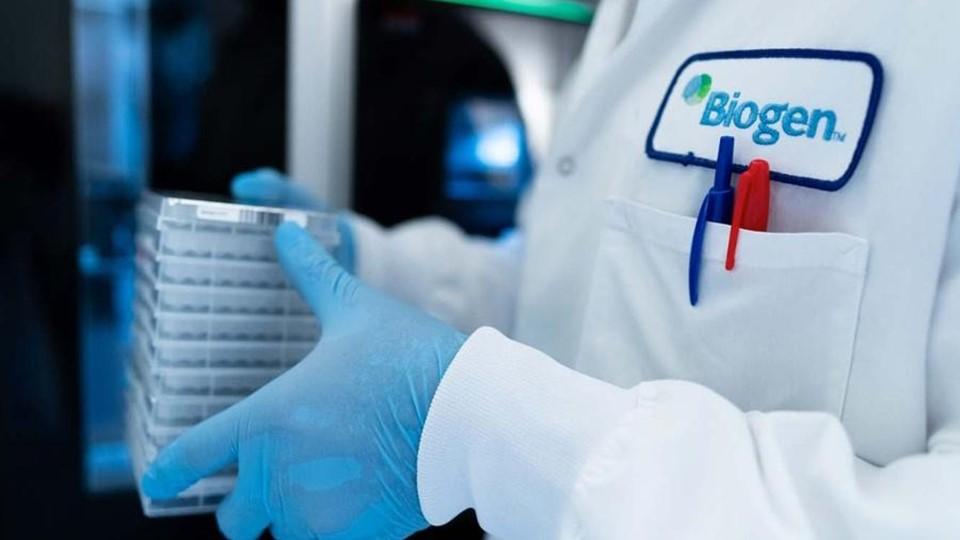After Haleon spinoff, GSK raises forecasts on 'strong' Q3

In its first set of quarterly results since it separated from its consumer health business, GSK has exceeded analysts' estimates, with a healthy rise in revenue and profit driven by shingles vaccine Shingrix.
The UK pharma group – now a therapeutics and vaccines pure-play since the spin-off of Haleon in July – also raised its financial forecasts for the full year for the second time in consecutive quarters, as third-quarter revenues climbed 18% to £7.8 billion (around $8.9 billion) against consensus forecasts of around £7.3 billion. Operating profit was up 18% to £2.6 billion.
GSK now expects sales to grow between 8% and 10% at constant exchange rates this year, up from its previous prediction of 6% to 8%, with an operating profit of 15%-17% versus 13%-15%.
Shingrix generated sales of £760 million in the quarter, up 51% and around $75 million ahead of expectations, with meningococcal group B shot Bexsero playing a supporting role with a rise of 23% to £275 million.
There were also strong gains for GSK's majority-owned HIV business ViiV Healthcare, up 19% to £1.5 billion, and anti-inflammatory medicines Nucala (mepolizumab) and Benlysta (belimumab).
The quarter also saw a solid performance from GSK's respiratory franchise, which has been under pricing pressure in recent years but rose 13% to £1.7 billion in the three months to September.
"We are again raising our full-year guidance and expect good momentum in 2023, further strengthening our confidence in our performance outlooks, driven by Shingrix global expansion and expected new launches, including our new RSV vaccine," said GSK's chief executive Emma Walmsley (pictured above).
May decision on RSV vaccine
There was good news on the latter front for GSK as the company confirmed the FDA has granted a priority review for the RSV shot, with an action date of 3 May next year, to prevent RSV infections in older adults.
GSK is trying to bring its vaccine to market ahead of a rival jab from Pfizer, which is also anticipating regulatory approvals next year in both older adults and expectant mothers. Its vaccine is also under regulatory review in Europe and Japan.
The financial results are a boost to GSK after a string of recent disappointments in its R&D pipeline, including a decision to abandon rheumatoid arthritis hope otilimab, an advisory committee meeting for renal anaemia drug daprodustat that recommended narrower use than the company is going after, and the demise of a partnership with Adaptimmune on NY-ESO-1 antigen-targeting drugs.












